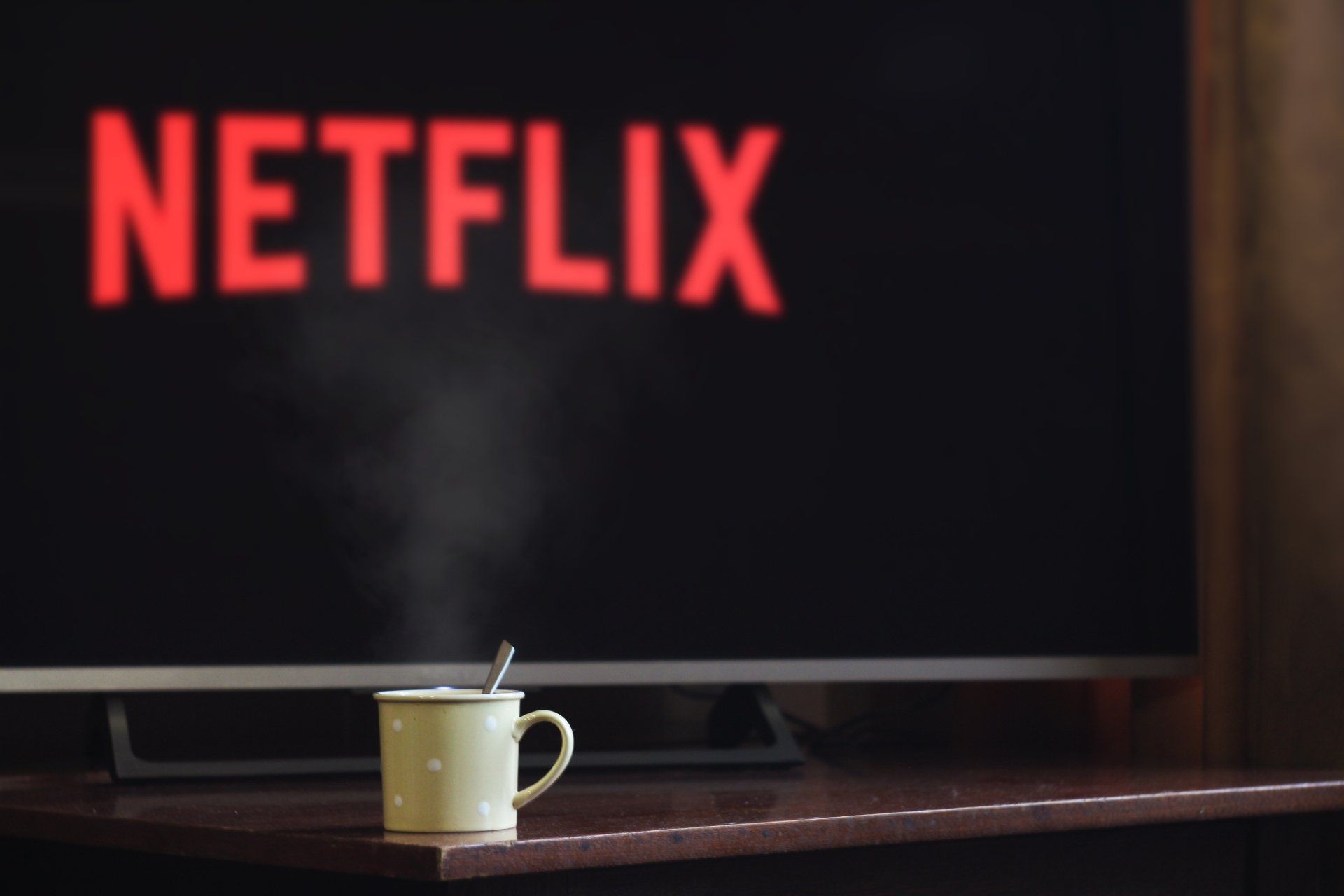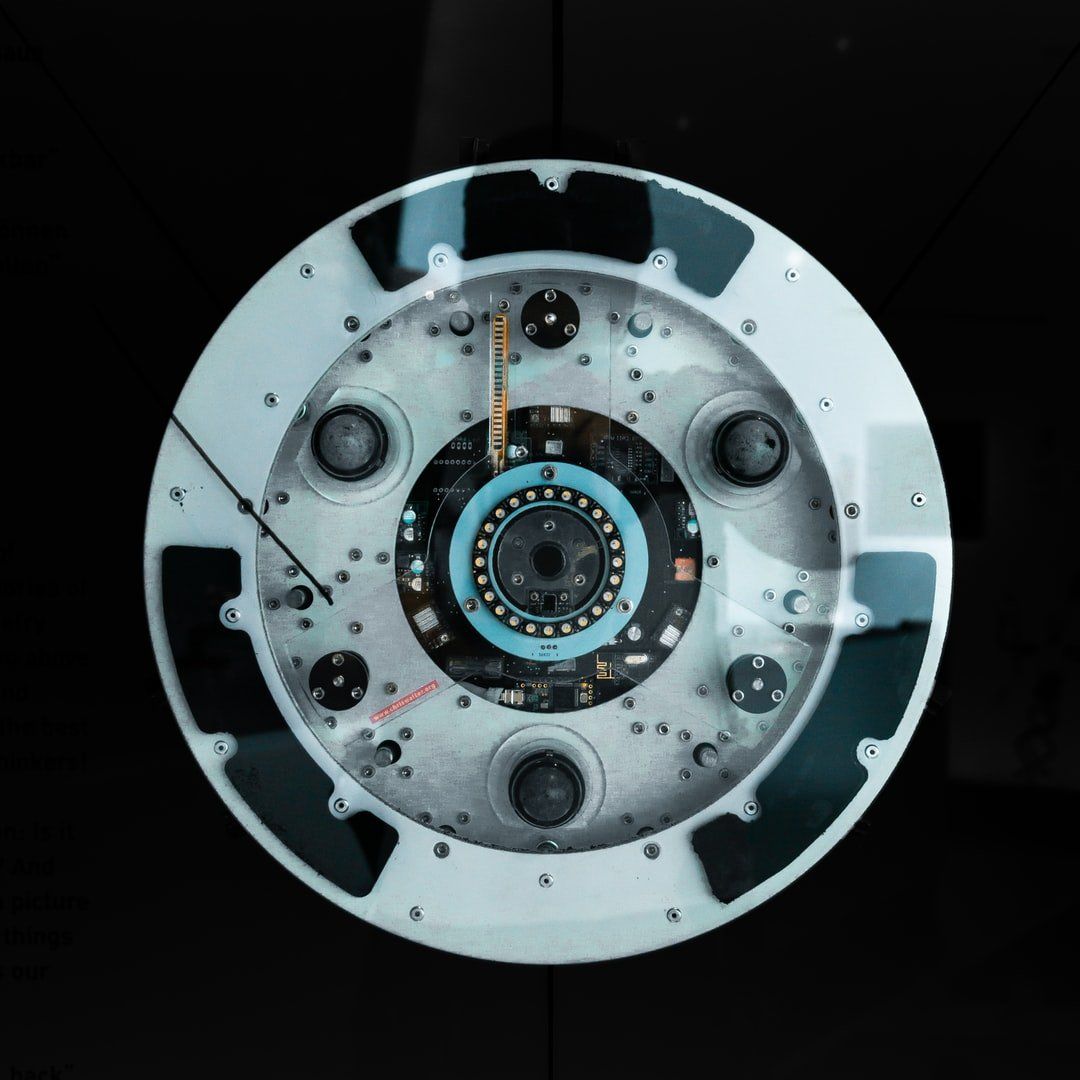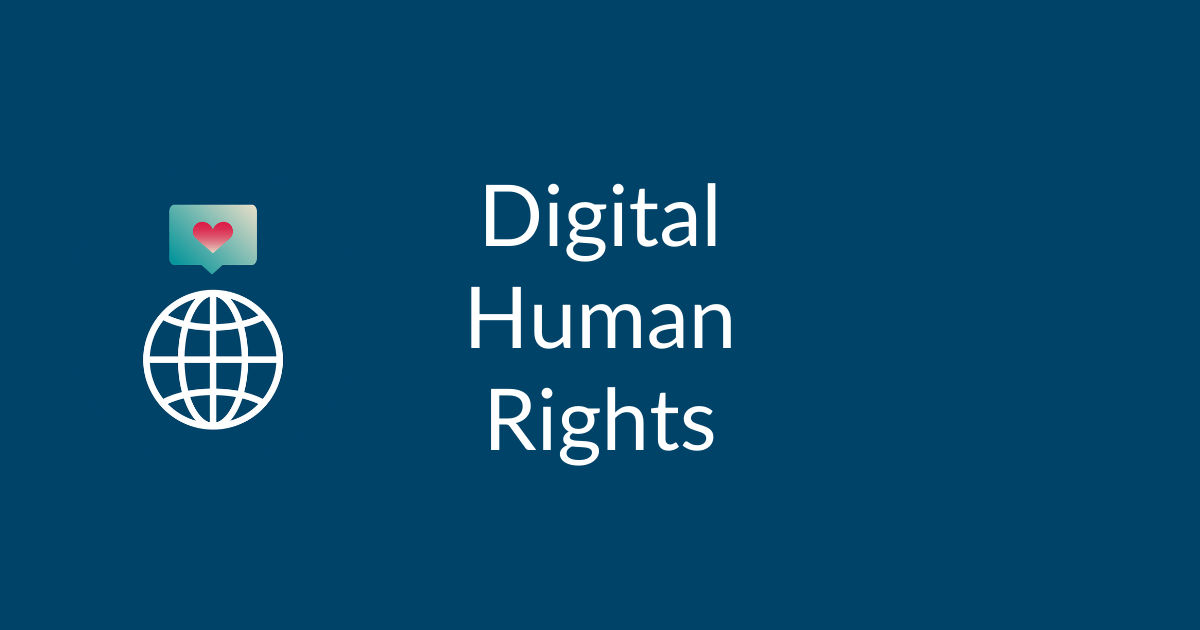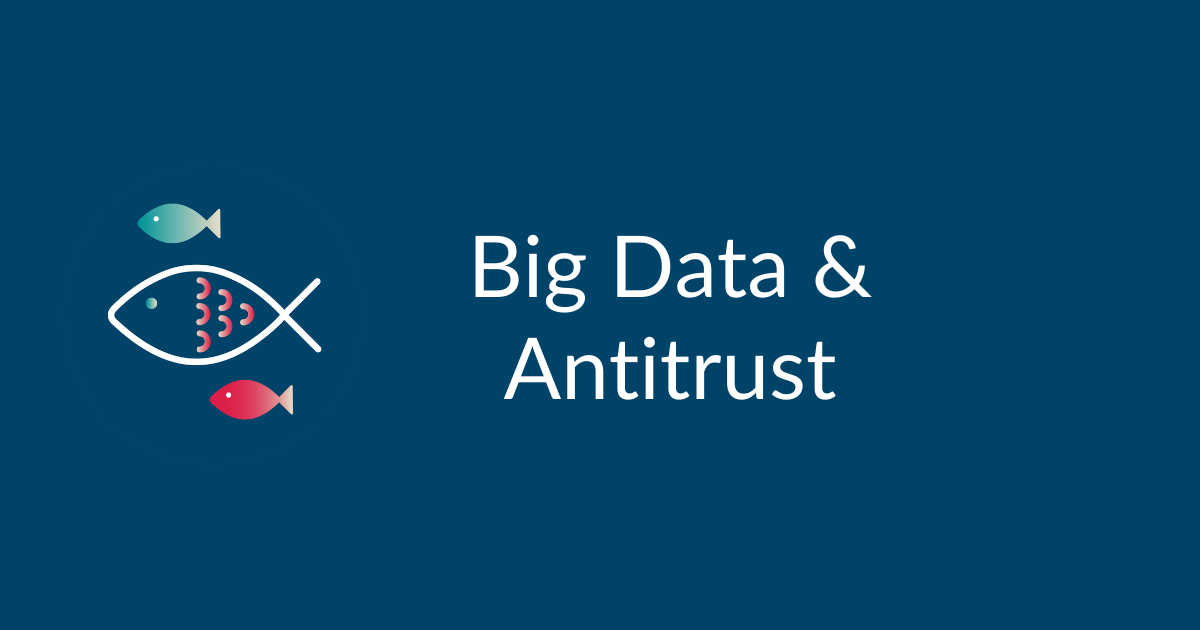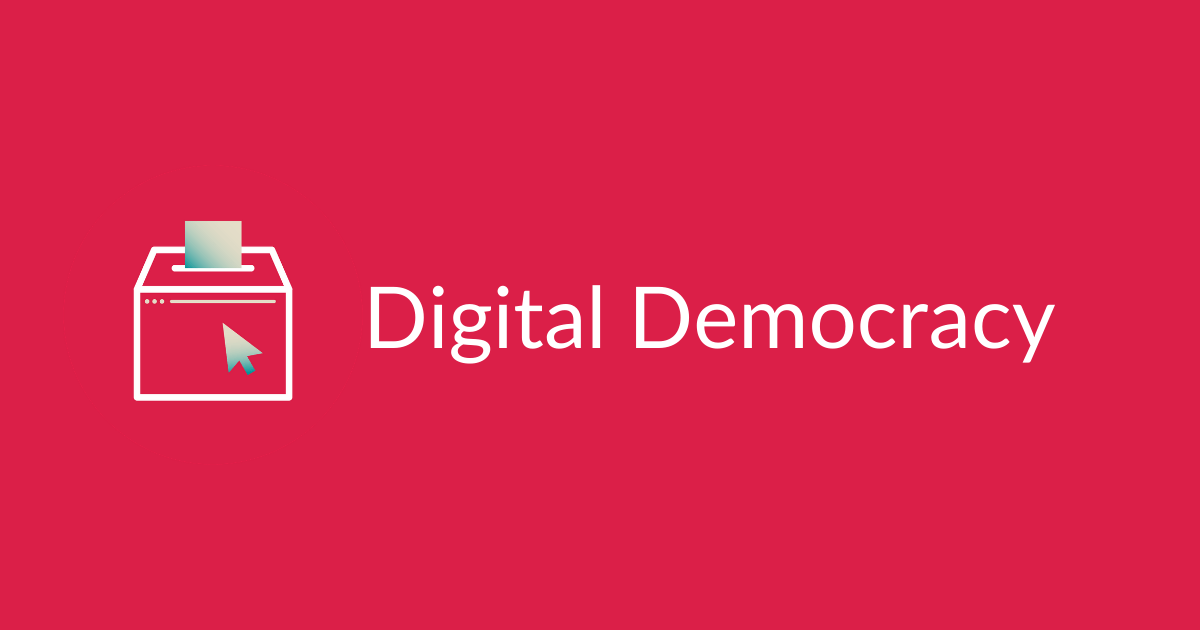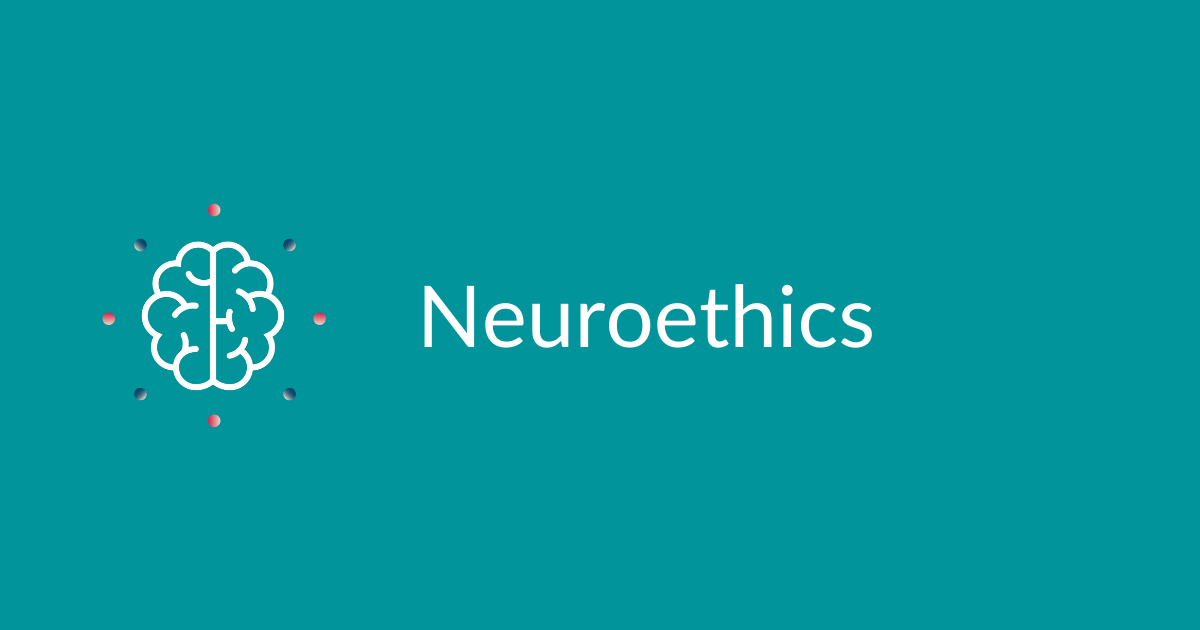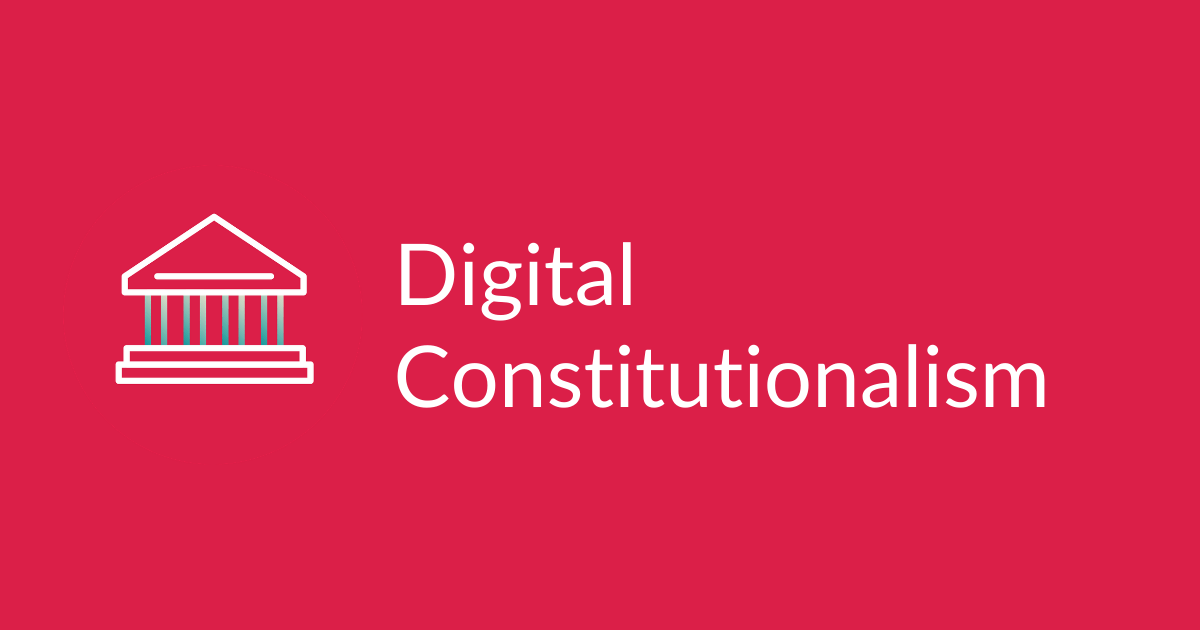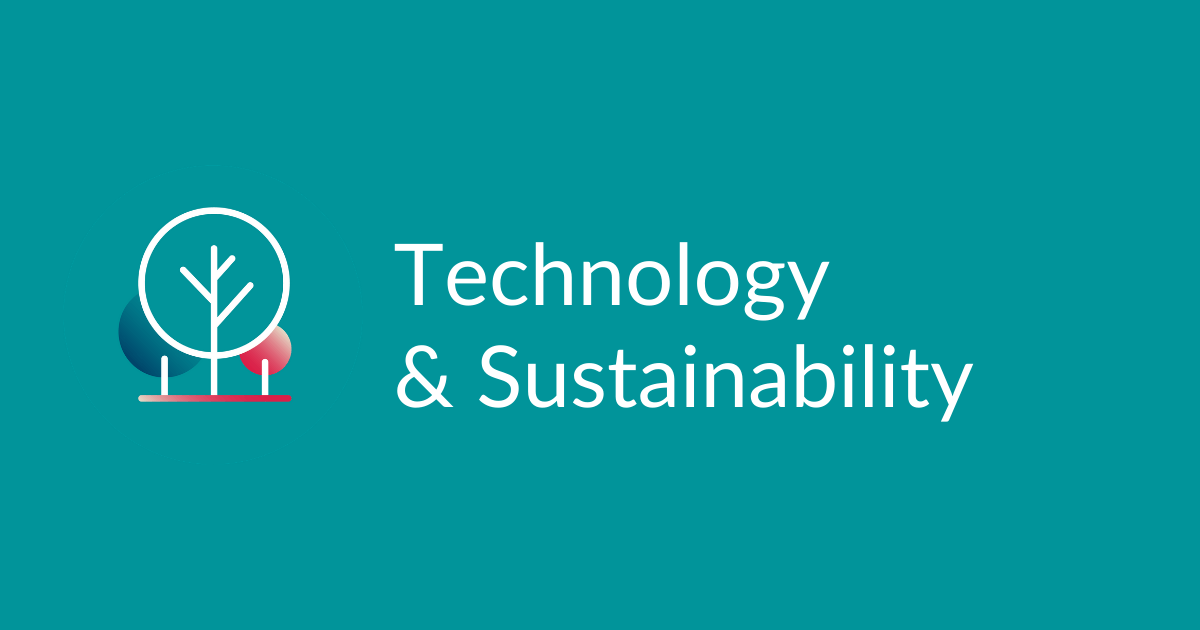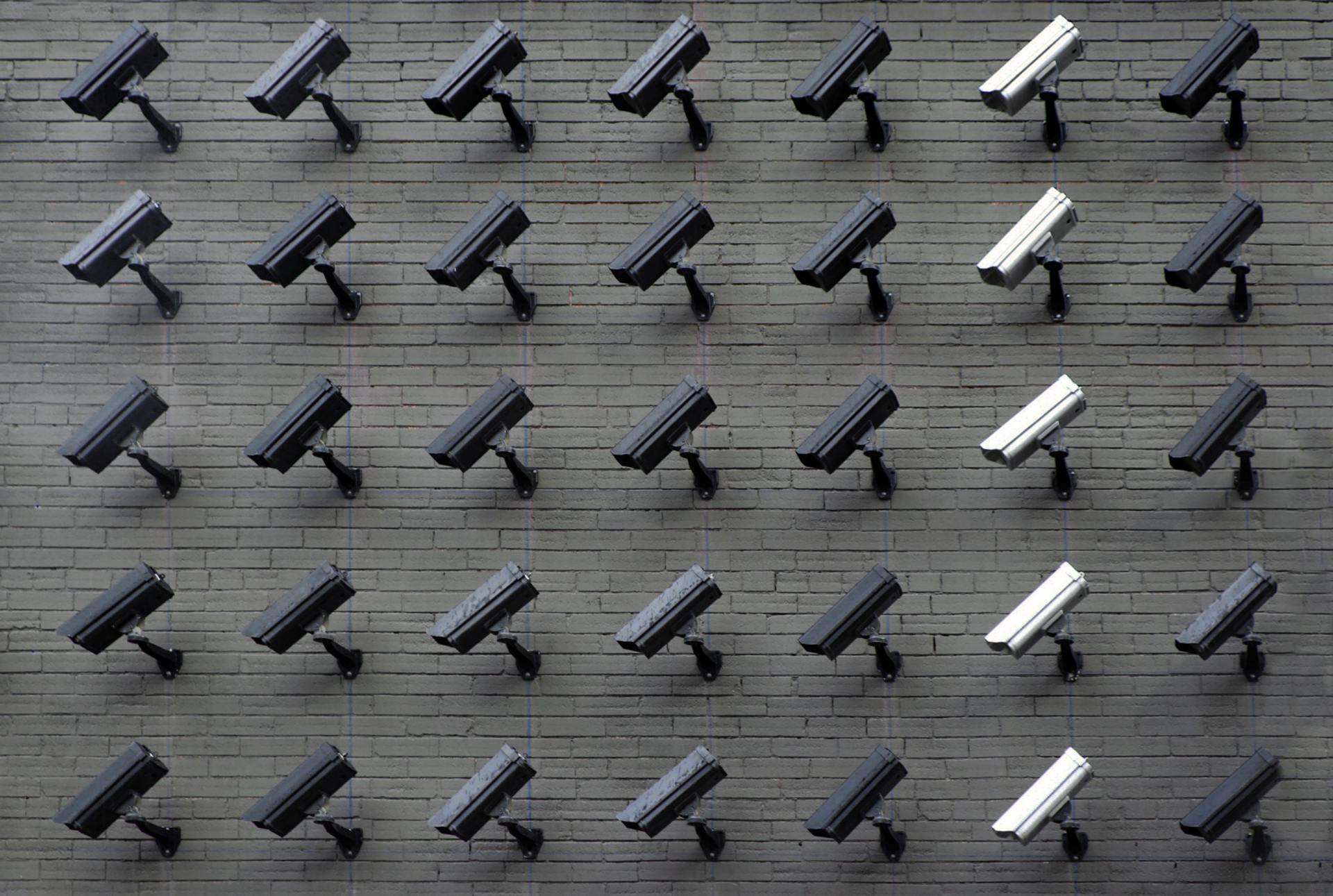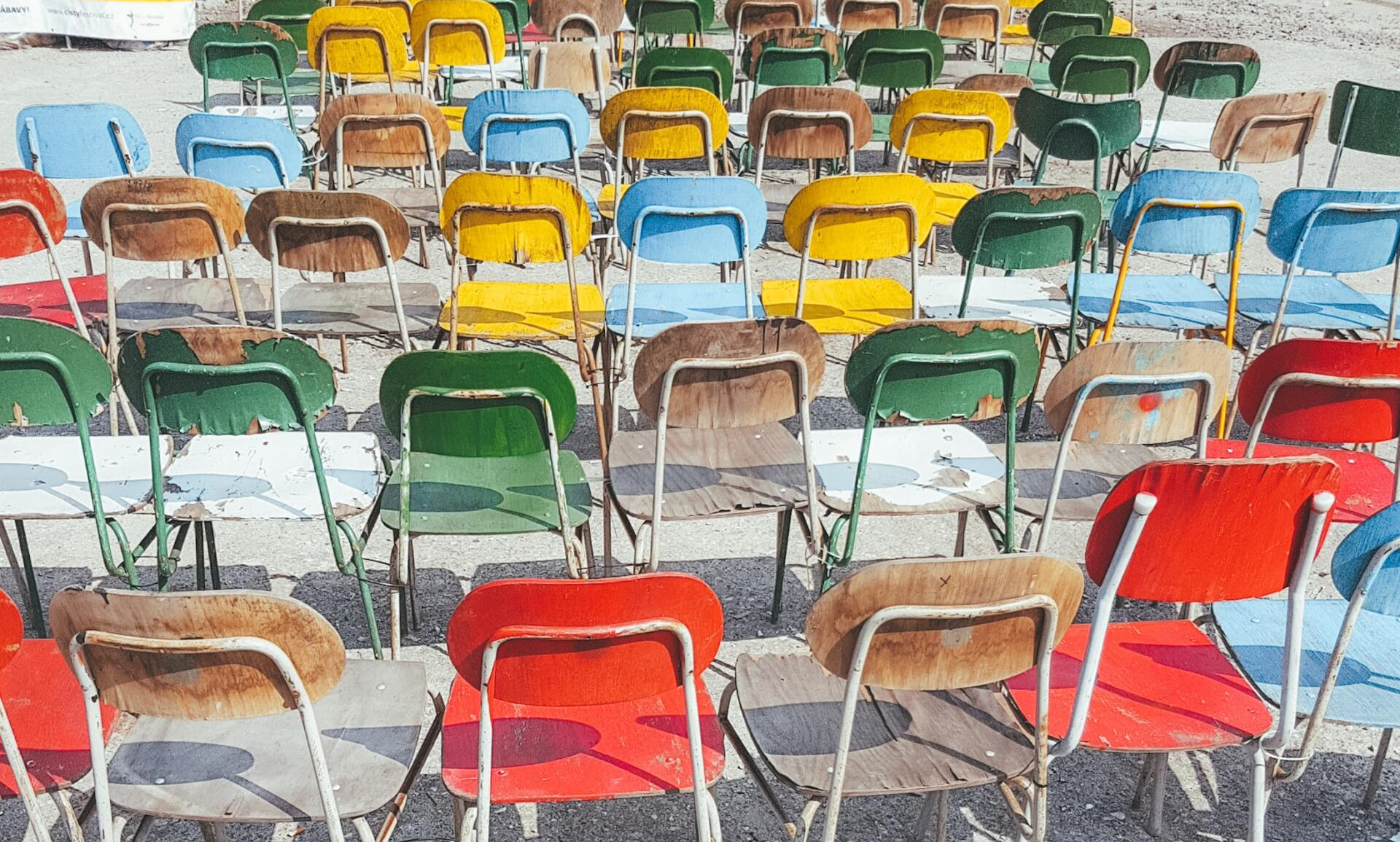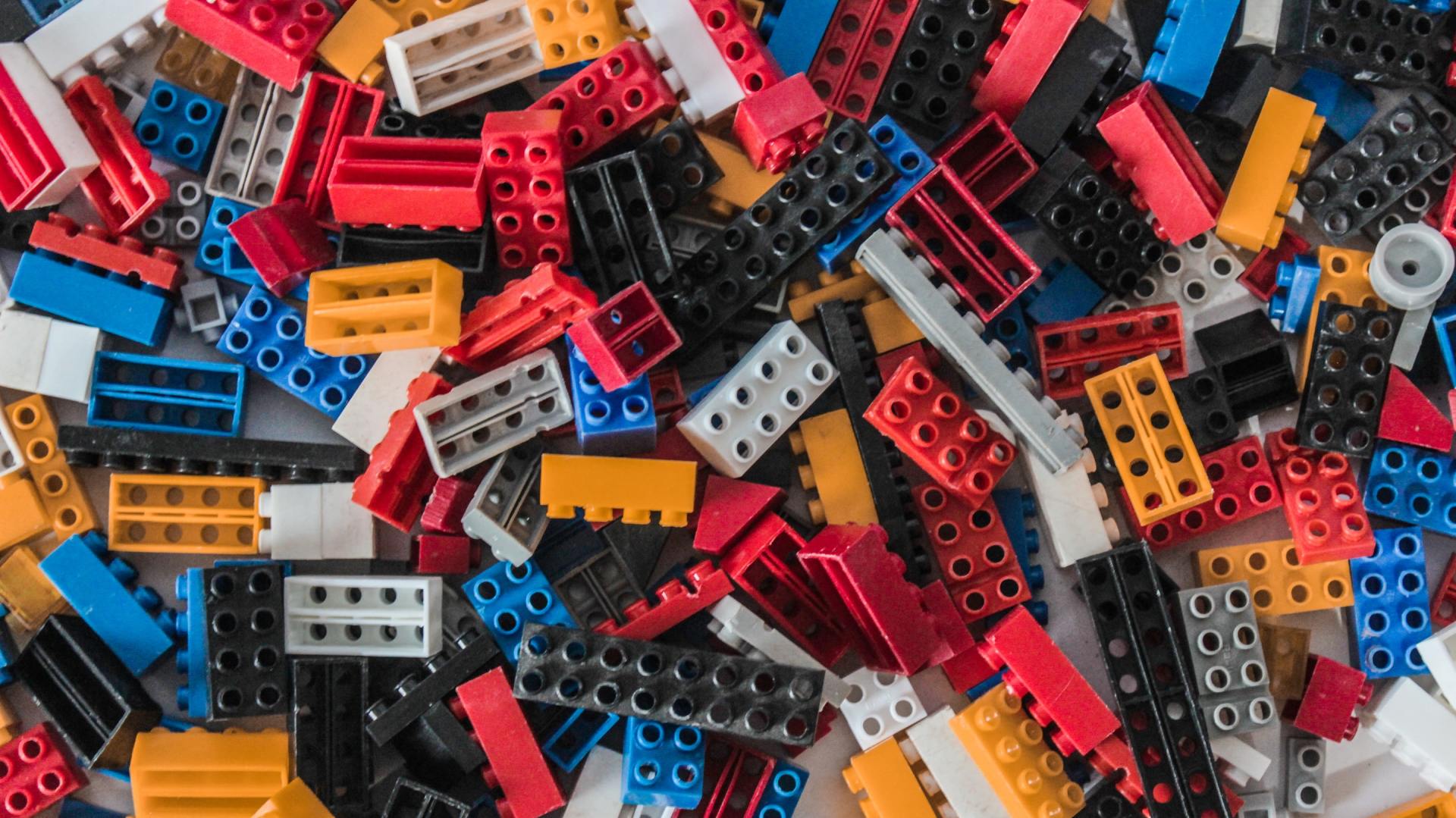COSMONAUT
exploring the digital universe
INSIGHTS

Since the signing of the landmark United Nations Framework Convention on Climate Change (UNFCCC) in 1992 there have been sporadic meetings to discuss amendments and changes to the global response to Climate Change. These COPs have become rather large and important diplomatic events, bringing together heads of state from around the globe. Last year, however, several countries including two of the five largest emitters of CO2 have decided to forgo the usual private jets and closed door meetings for brief virtual meetings instead.

Competition authorities’ frequently obtain information and documents which may be used as evidence in the context of undertakings. Such information could reveal sensitive concerns that are protected under the legal institution known as “attorney-client privilege”. At this point, whether the information arising during the inquiries of the authorities can be protected by this framework of confidentiality has a special importance. As it will be explored in this article, the question on whether the confidentiality principle is violated while competition watchdogs perform on-site inspections, or if such an inspection may entail a disclosure of sensitive information of a client, need to be further discussed. This brief analysis will be framed for the national scopes of both Turkey, and Ukraine.
BINOCULARS

The super wicked nature of the current pandemic needs a multipronged strategy to tackle intricately related issues like recession, inequality, and climate change in a holistic manner. In this context, rebooting the Indian economy based on “frugal innovation” in which social entrepreneurs constantly work on the idea of cheaper, user-friendly transformations that cater to social needs is the path forward.
EDITOR'S PICKS

Regulation is gaining more traction all over the place but it is uncertain if the Australian News Media Bargain Code will become a role model for legislation in other places. There are several weaknesses to the Code and after all, it is not clear if paying publishers for their content will really alter the high levels of market concentration.
WATCH OUR EPISODES
COSMONAUT
S E R I E S

The series aims to raise awareness, engage and explore the role of technology and digital solutions in reaching the goals set out by the Paris Agreement in 2015. Furthermore, it will introduce the core topics that the Technology & Sustainability-cycle will work on in the coming months; (mis)information on social media, the environmental impact of technology and increased digitalisation and the role of green digital technologies.
EXPLORE OUR CYCLES
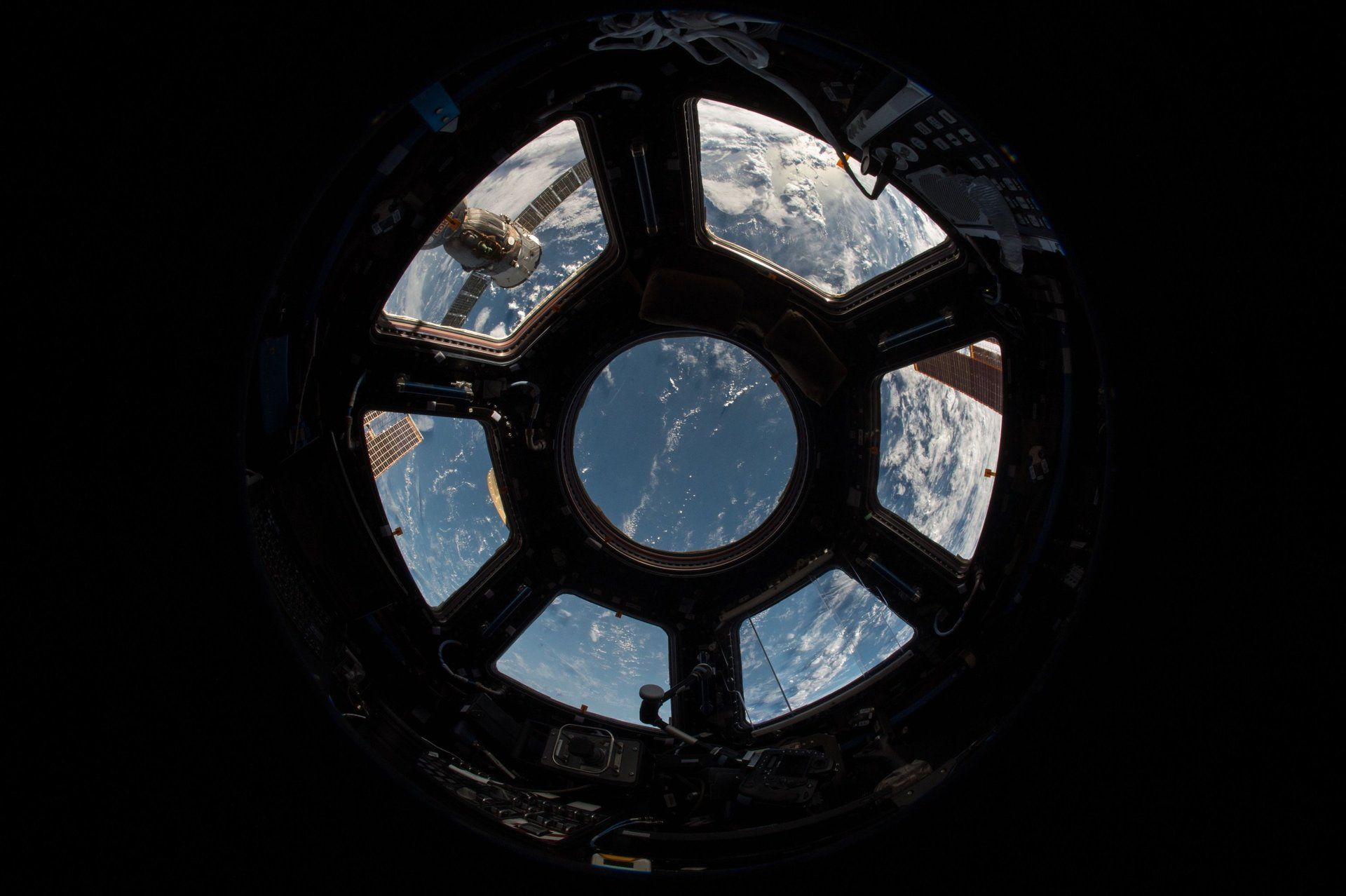
China’s growth as a prominent space-faring power necessitates staunch engagement with the CCP. The encroachment of private actors in the space domain also begs the questions as to how all these different actors will engage with each other in a seemingly lawless realm. This article lays out the current most pressing challenges in space pertaining to the US, the EU, and China, and cases of successful and unsuccessful Chinese cooperation with other state and non-state actors.

Most of the things each of us own stay unused most of the time. In the United States and the United Kingdom around 80% of all items owned are used less than once per month leaving a large amount of goods unused, when they could be useful elsewhere. The way of life of modern societies is characterized by growing consumption of resources, increasingly at the expense of the environment. A digital sharing economy offers a way for citizens to share, rent and replace under-utilized assets by the help of digital solutions and alleviate the pressure of the planet’s resources.
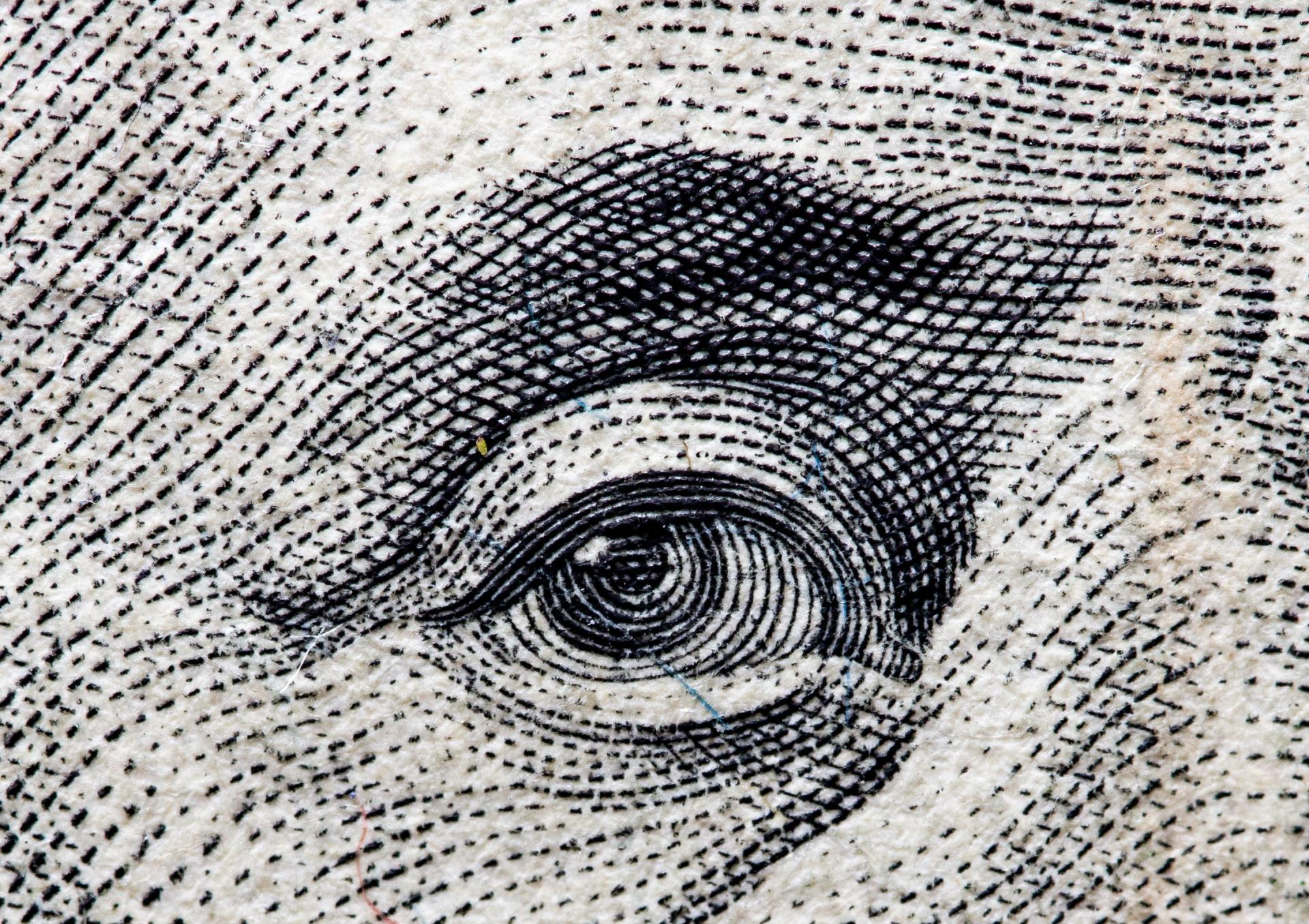
Real solutions to the tax avoidance and advantageous taxation digital supergroups enjoy can only be international and structural, updating practices of international taxation that have now become obsolete. They cannot be a mere quick fix. Voters demand it, the sustainability of our economic models requires it.

Slightly more than 20 years after WTO members established the first work programme on e-commerce, digital trade is again on the agenda. In January 2019, 76 members signed the joint statement on the launch of “negotiations on trade-related aspects of electronic commerce”. Analysts of policy making decisions often refer to the concept of a “window of opportunity” as the reason behind a new legislation. This window would open if streams of problems, solutions and political desires to act meet together. This seems to be the case with digital trade.
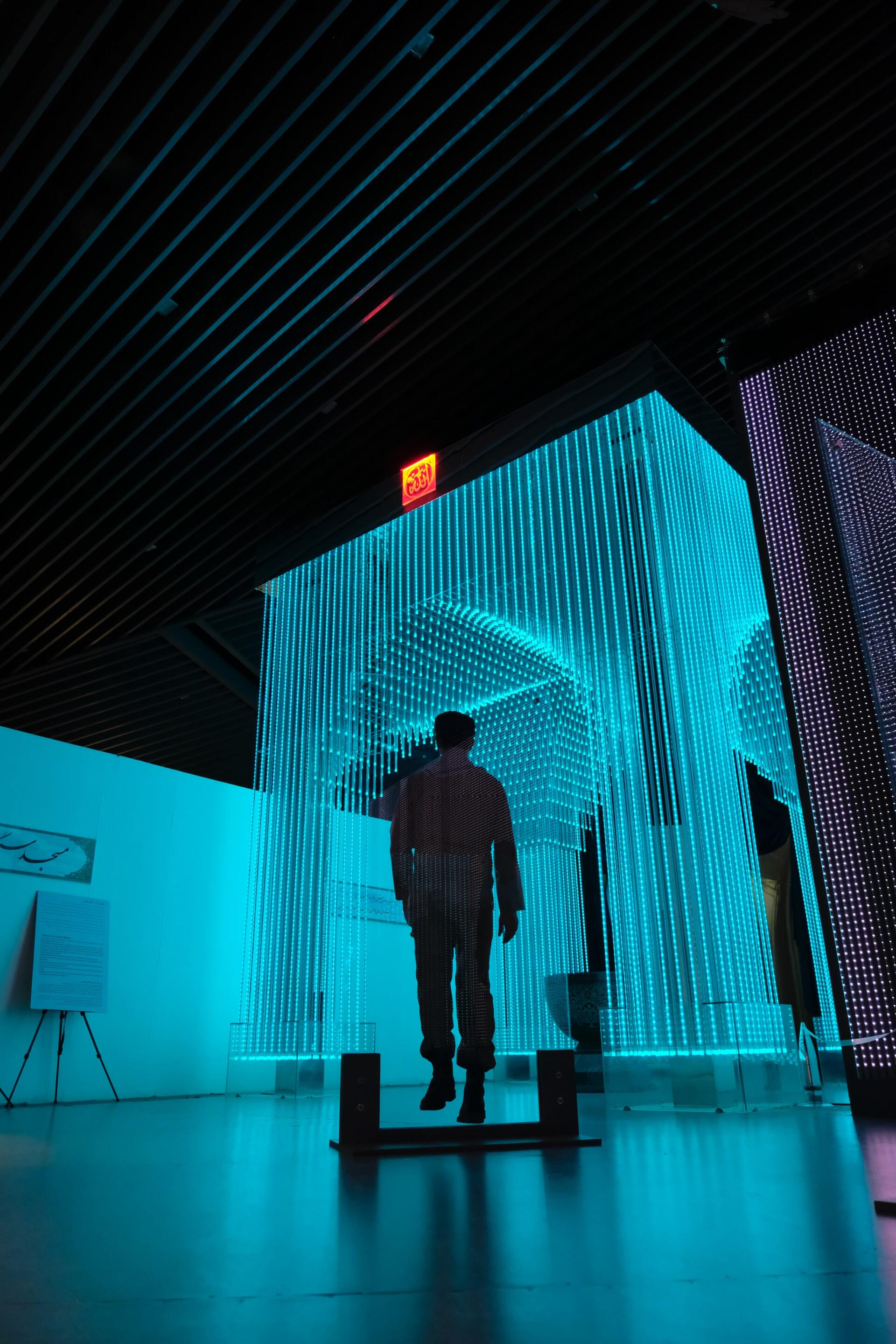
Yuval Noah Harari argues that when artificial intelligence pushes many out of work, we must forge new economic, social, educational systems. Those people who will become unemployed will create a “useless class” which will need to be redirected, as opposed to the remaining “working class” which will be entrusted with the operating of the machinery. The article provides few ideas on how to prepare for the rise of the “useless class.” Looking at the consequences of the AI revolution, possible solutions that will change our societal structure are discussed.

During the pandemic that impeded our daily lives, technology innovation found itself to advance to a speed never witnessed before and to adapt to the new urgency of people. From this stream of innovation in the digital world, a new phenomenon emerged: NFTs. In a few months, NFTs conquered creators, art collectors, and investors from all over the world.
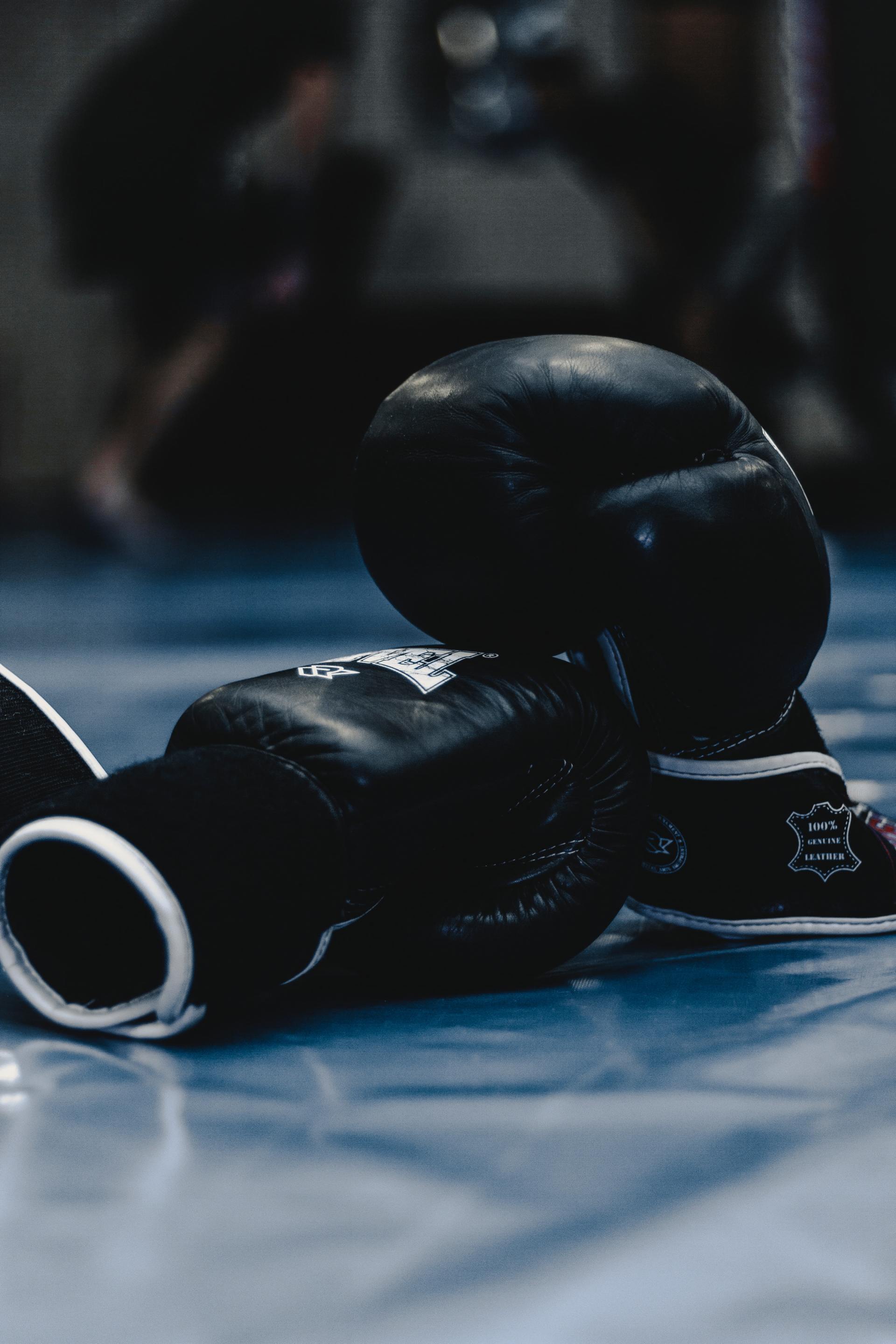
A non-exhaustive review of some of the most relevant competition law cases held in 2020, featuring analysis of tech-mergers and the use of personal data as a key advantage for monopolies. The foregoing, with the aim of setting up the discussion for what we believe will be the new competition law and regulation, one that incorporates a digital acumen nurtured by other legal disciplines such as privacy law.

Were GDPR enforcement expectations fulfilled? In its first year, the General Data Protection Regulation (‘GDPR’ or ‘Regulation’) demonstrated its capacity to raise privacy awareness, enhancing data protection by giving back control to individuals of their personal data. For its second-year, society was expecting to be the year of GDPR enforcement to ensure organisations process personal data lawfully.



